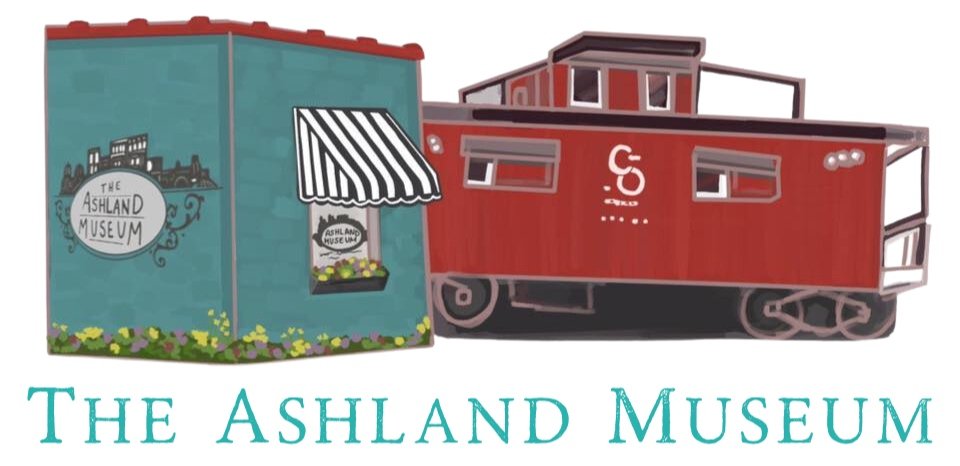A Soldier’s Life at Camp Ashland - 1861
Encampment
The Camp Ashland opened as a training camp for general soldiers in early May 1861, but by mid-May it was used exclusively for cavalry training. First Col. Richard S. Ewell, Gen. Robert Chilton, and then Col. Charles H Field commanded the camp. It was early in the war and soldiers’s spirits where high.
Captain Thomas Rowland was Adjutant of the Cavalry Camp at Ashland, consisting of ten companies. He wrote home:
All the officers board at the hotel, as we cannot get any tents. The troops, about eight companies of infantry and five of cavalry, are all quartered in buildings, barns, and stables belonging to the racecourse. They cook their own rations of pork and beef and sleep on straw. (From “Letters of Major Thomas Rowland, C.S.A. from the Camps at Ashland and Richmond, Virginia, 1861,” William and Mary Quarterly, 1st ser., vol 25, January 1916, p. 146.)
William Clark Corson, a member of the Cumberland Light Dragoons, wrote home:
You would see much to amuse you especially about cooktime. Just imagine Charlie Palmore standing over a hot fire parching coffee in a pan stirring with a big camp knife, Nathan Womack with a quarter of beef on his shoulder bringing it from the Quareter-master’s department, Billy Price picking a chicken and stewing dried apples, Weldon Scott placing the plates and cups on the table and Prosser Woodson boiling eggs in a coffeepot, whist two or three others are sitting around a big camp kettle making a Beef Stew. I wish you would send me a receipt for making puffs. We have plenty of dried apples and I think puffs would add considerable to our desert [sic]. (From William Clark Corson, My Dear Jennie, ed. Blake W. Corson, Jr., Richmond, VA: Dietz Press, 1982, p. 10.)
C.W. Macmurdo was treasurer of the RF&P and lived across the street from the Ashland racecourse. He and his family entertained the officers upon occasion. Captain Thomas Rowland described one evening:
I spent the evening yesterday with several officers at Copl. Macmurdo’s. His dauighters sang “What are the wild waves saying?” and “Juanita,” both as duets. We had a serenade afterwards from the Lunenburg Cavalry who called upon each of the officers in succession for a speech. We all had to come out and do the best we could. (From “Letters of Major Thomas Rowland, C.S.A. from the Camps at Ashland and Richmond, Virginia, 1861,” William and Mary Quarterly, 1st ser., vol 25, January 1916, p. 150.)
Eventually, the soldiers began to be shipped out to the battlefield. Troops were regularly shipped out of Ashland or through the town from other camps and Ashlanders cheered the troop trains as they rumbled by. William Clark Corson wrote: “one of the South Carolina regiments passed here last night bound for Phillippi. The rail road track was lined with people to see them and such cheering and shouting you never heard.” (From William Clark Corson, My Dear Jennie, ed. Blake W. Corson, Jr., Richmond, VA: Dietz Press, 1982, p. 10.)
